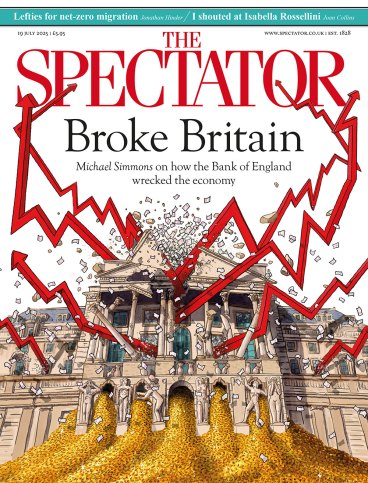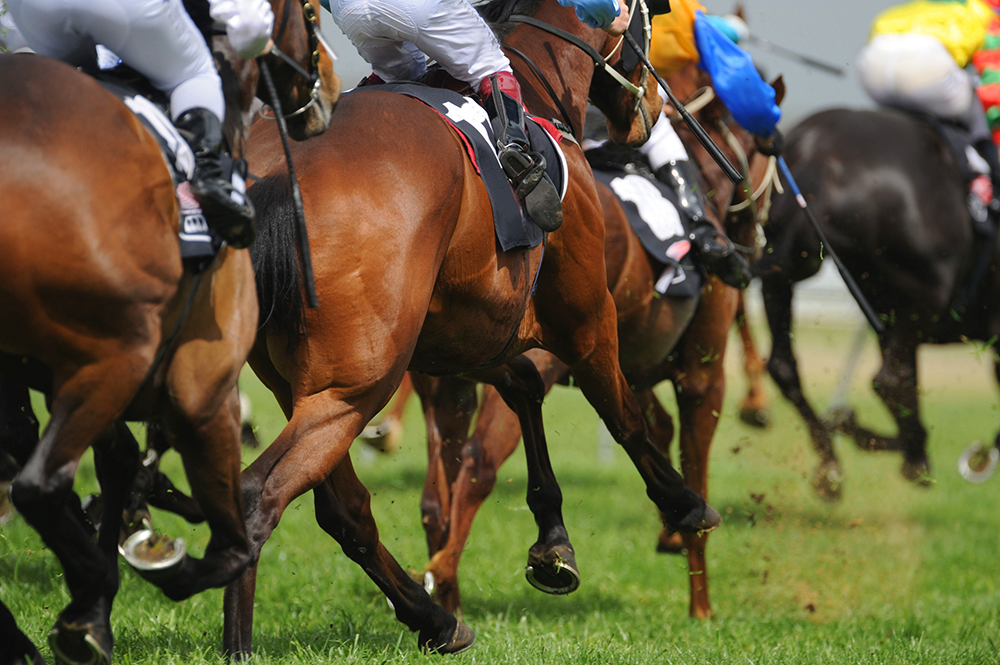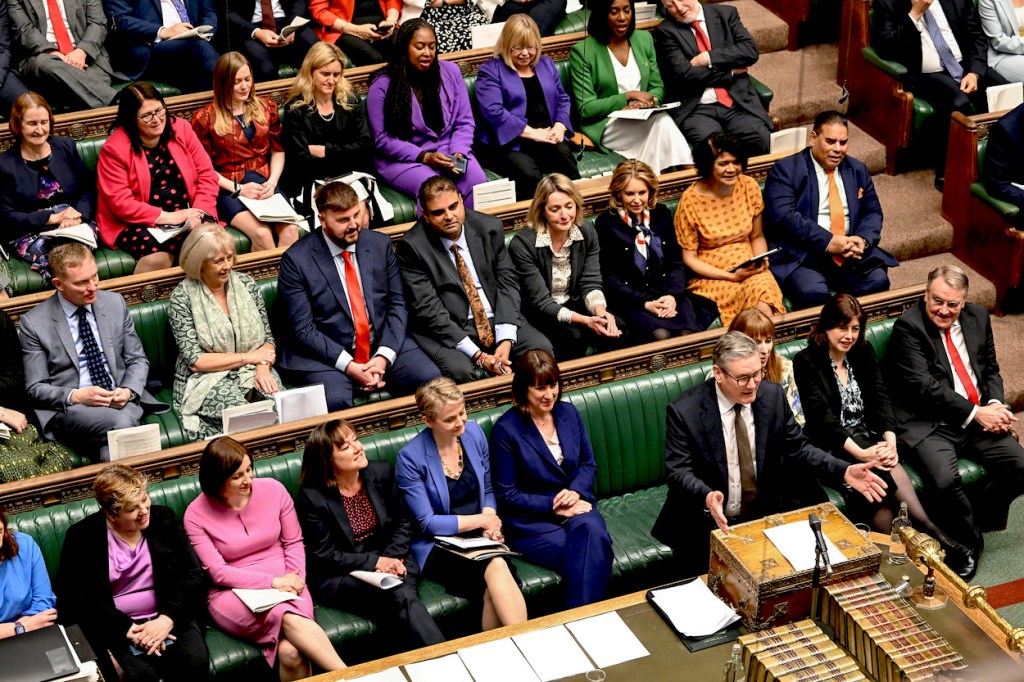
The only political party with a serious chance of winning office I will ever vote for again is the one which acknowledges that in all probability and at least for a while it will increase taxes. Every party piles up promises that they will be the ones to get Britain working again. But building power stations, reservoirs and schools costs money. So does hiring doctors and nurses, filling potholes and getting trains to run on time. Some claim they will finance their plans by creating growth, some by taxing the rich. Then voters discover that the growth fairy remains elusive and the rich have been re-defined to include them: public regard for politicians takes another dive.
That the Labour party has blown its promises in record time and blundered its way through welfare reforms into creating a £5 billion hole in its finances comes as no special surprise. It is merely the latest example. What worries me is that in digging down the back of the sofa and checking the pockets of long-unworn suits in the search for cash, ministers may well begin destroying a historic sport which has given me and many millions a lifetime’s enjoyment and which supports thousands of jobs in rural areas. Racing is in danger and the unusual speed with which the sport’s sectoral interests are coming together to campaign against a new ‘racing tax’ shows that it knows it.
Warning signals have been piling up. Fewer foals are being bred. Prize money levels are in decline compared with other racing jurisdictions. Thanks to the nonsensical way in which affordability checks on punters are being implemented, betting turnover is down £1.6 billion over the past two years. Since racing depends on money from a levy based on bookmakers’ profits for a third of its finances, that loss is serious. Now, against that background, the Treasury has instigated a study into amalgamating the 15 per cent General Betting Duty on racing bets with the 21 per cent duty charged on online gaming. A tearfully desperate Chancellor can be expected to grab any extra revenue she can and with parliament these days in a moralistic mood over problem gambling, what would be presented as a Treasury tidying-up may not meet the political resistance it should.
The British Horseracing Authority has calculated that ‘harmonisation’ of the two betting duties at 21 per cent into a single Remote Betting and Gaming Duty would result in a loss to racing of £66 million a year from the levy, media rights and sponsorship. The sport’s elder statesman, Newmarket trainer John Gosden, is no alarmist but he has called the ‘racing tax’, as it has been dubbed, one of the gravest risks the sport has ever faced. Lumping racing together with gaming, he and other trainers argue, would make racing the most expensive product for bookmakers who would concentrate instead on gaming products (proven incidentally to be more of a danger to problem gamblers than horseracing). It threatens too what Gosden calls a massive upsurge in black-market gambling, whereby no revenue comes back to the government, no revenue benefits the sport and wherein there is no protection for the punter.
Most MPs know nothing about horseracing. Fortunately, at least two sensible voices from right and left are making themselves heard. Conservative Nick Timothy and Labour MP Dan Carden, chair of parliament’s racing and bloodstock group, have been urging the government not to legislate racing out of existence, arguing that the industry contributes £4.1 billion to the economy and £300 million a year to the Treasury while keeping 100,000 people in work. Both speak from knowledge. Timothy is the MP for West Suffolk, which includes the training centre of Newmarket, while Carden represents Liverpool Walton, home to Aintree’s Grand National, and he made a key point in telling the Racing Post that betting on horseracing is fundamentally different to casino activity: ‘Racing bets are grounded in skill, knowledge and careful judgment… this isn’t reckless gambling, it’s thoughtful engagement with a historic sport that rewards patience and insight rather than impulsive risk-taking.’
I couldn’t agree more. I haven’t had a bet on the turn of a card or the whirl of a roulette wheel in 40 years but the intricacies of horseracing offer endlessly enjoyable debate and occasional success. Like the late Barry Hills, I watch out next time for horses which were hard to pull up on their previous run. My form-guru friend rarely misses a winner wearing blinkers for the first time. Within hours of telling my son last Saturday that horses sent north by Berkshire trainer Andrew Balding and ridden by P.J. Mcdonald are always worth a look, I had winners at 5-1 and 14-1 in my profits column. If you have ever enjoyed the few minutes of ownership that betting on a racehorse gives you then now is the time to act: contact your MP and tell them if they vote for the betting tax then you won’t be voting for them ever again. It does help to concentrate the mind.







Comments